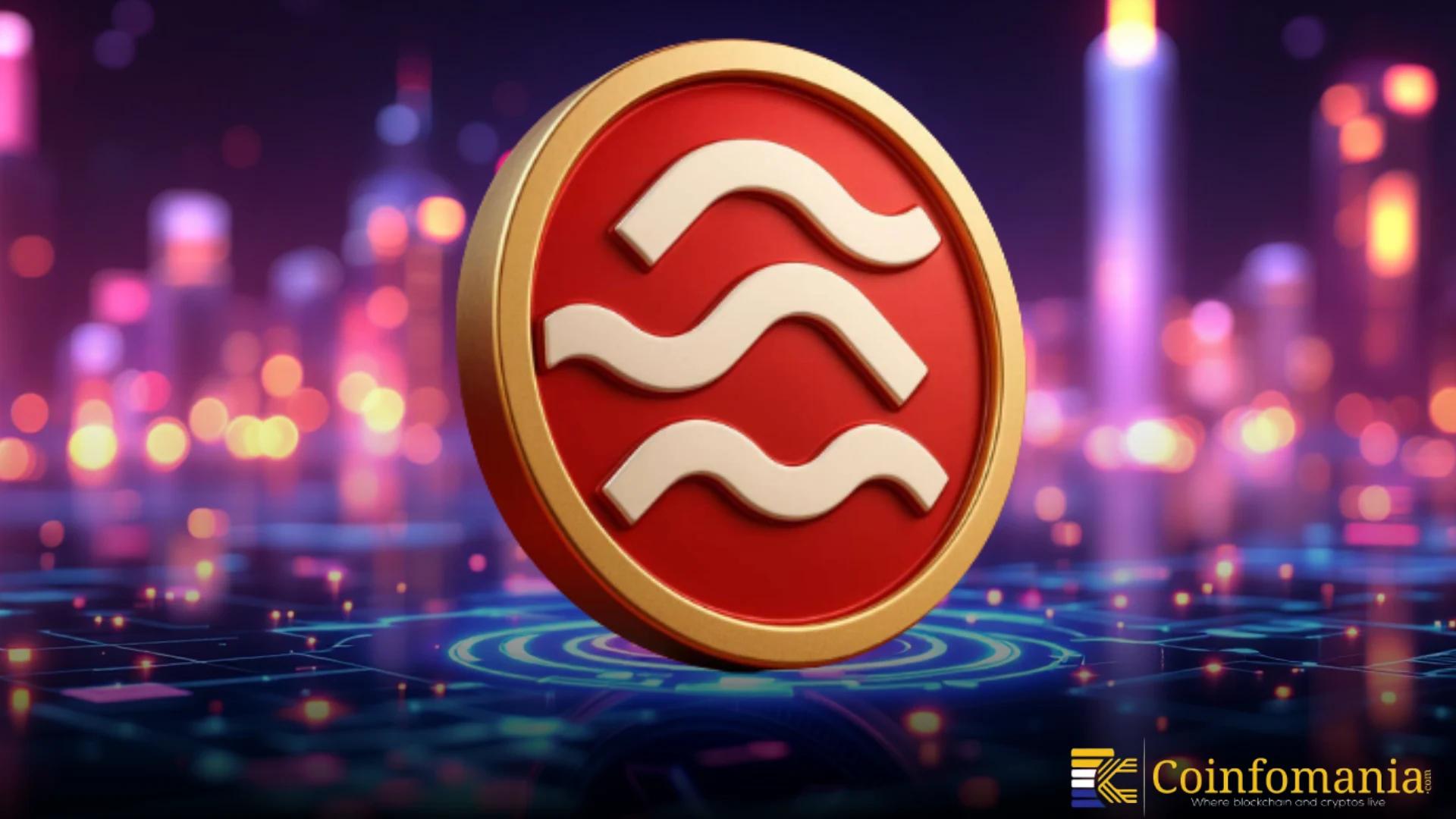SEI Flips BNB Chain in 24-Hour Stablecoin Supply Growth
Let’s uncover how SEI overtook BNB Chain in 24-hour stablecoin supply changes, signaling rising on-chain demand and ecosystem strength.

Quick Take
Summary is AI generated, newsroom reviewed.
SEI overtook BNB Chain in 24-hour stablecoin supply growth, signaling stronger liquidity demand.
SEI stablecoin supply is rising due to DeFi adoption, low fees, and fast transaction speeds.
SEI vs BNB Chain dynamics show shifting user activity toward efficient Layer-1 ecosystems.
SEI network growth reflects growing investor and developer confidence in the platform’s potential.
In an unexpected turn of events, SEI has surpassed BNB Chain in stablecoin inflow growth on a daily basis. This is a significant accomplishment for this new blockchain. Data from Artemis shows that SEI had a more pronounced stablecoin inflow increase over 24 hours than BNB. This reflects changing liquidity habits between leading DeFi ecosystems.
This performance comes as SEI stablecoin supply experiences a dramatic rise. This is fueled by increasing user adoption, rising DeFi activity, and faster transaction throughput. The move has caught the crypto community’s attention, as SEI continues to evolve from a high-performance Layer-1 blockchain into a serious contender in liquidity and network growth.
The development underscores how SEI’s network growth is quickly transforming it into a hub for on-chain finance. Investors are beginning to notice that SEI’s scalability and low-cost structure make it an attractive alternative to established ecosystems like Binance’s BNB Chain.
🚨 LATEST: $SEI flipped $BNB chain in 24 hour stablecoin supply changes.
— Marc Shawn Brown (@MarcShawnBrown) November 12, 2025
Source: @artemis pic.twitter.com/eVLh3lQKa4
Rising Liquidity Signals a Growing SEI Ecosystem
The increase in SEI stablecoin supply reflects more than just a temporary inflow of funds. It represents confidence from traders and institutions looking for efficient settlement platforms. SEI’s architecture, designed for high-speed execution, has enabled faster swaps and lower transaction fees, factors that directly contribute to its appeal in DeFi.
In contrast, BNB Chain’s activity has remained relatively flat. With user engagement facing competition from other networks offering faster finality and cheaper transactions. This recent shift in liquidity between SEI vs BNB Chain may signal the beginning of a long-term change in how DeFi participants distribute their capital.
DeFi Projects Drive Adoption on SEI
Another key driver of SEI network growth is the increasing number of decentralized finance projects migrating or launching on the blockchain. Protocols offering lending, yield optimization, and decentralized exchanges have begun integrating SEI due to its ultra-low latency and parallel execution engine.
These DeFi applications bring consistent on-chain volume. This directly increases SEI stablecoin supply as users lock and transfer funds within the ecosystem. With major projects expanding to SEI, the network is gradually transforming into a competitive liquidity hub that rivals BNB Chain and other established blockchains.
The broader implication of this development is clear: SEI is no longer a newcomer. It is becoming a vital player in the multi-chain economy.
The Competitive Edge: Speed and Scalability
One of the primary advantages to SEI over the BNB Chain is its target and its purpose-built trading infrastructure. Unlike a general-purpose Layer-1 network, SEI was built with actual traders in mind, emphasizing low latency and deterministic block time. This allows DeFi apps and users to experience speeds of confirmation that can feel almost instantaneous, which is a significant driver of SEI’s network growth
As on-chain liquidity grows, SEI’s design has a competitive advantage that can induce institutional participation. High-frequency traders and decentralized exchanges benefit from the speed advantage, which creates a feedback loop of acceleration and increasing stablecoin supply on SEI.
Conclusion
Even though SEI’s rapid growth is remarkable, sustainability will depend on ongoing developer involvement, ecosystem growth, and support of liquidity. The network must continue to attract new protocols and support strong stablecoin inflows to build the brand.
Nevertheless, the momentum around the SEI stablecoin supply shows no sign of slowing. With demand for DeFi products growing and users looking for faster, cheaper options, SEI is positioned to remain a key participant in the changing landscape of blockchain.
Follow us on Google News
Get the latest crypto insights and updates.


